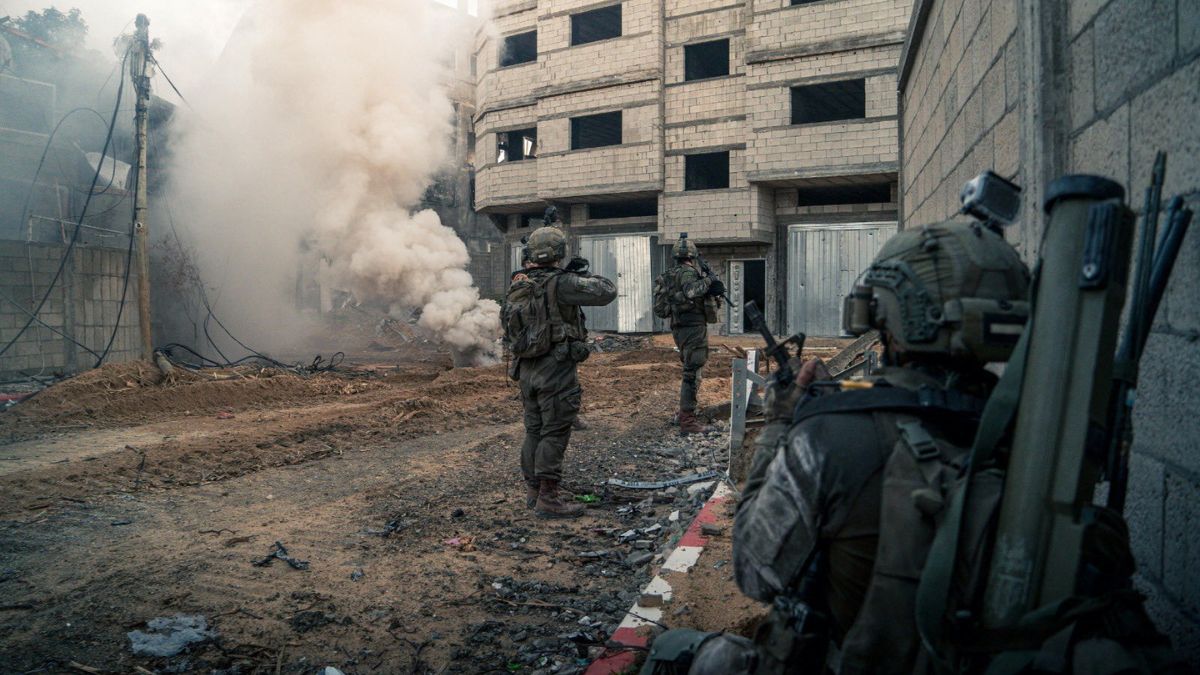The ongoing conflict between Israel and Gaza continues to expose a growing rift between Israel’s military and its government, despite their shared objective of neutralizing Hamas. The United Nations’ humanitarian agency reported that hundreds of Palestinians remain trapped in eastern Khan Younis amid intense hostilities, with rescue teams unable to reach them due to Israeli military restrictions.
The humanitarian situation in Gaza has worsened dramatically, with the average daily volume of aid cargo entering the region decreasing by 56 percent since April, according to the UN Office for the Coordination of Humanitarian Affairs. In Khan Younis, residents have been without food, water, or means of escape for nearly a week as Israeli airstrikes killed 18 people in the city.
Meanwhile, Israeli Prime Minister Benjamin Netanyahu has spent the past week in the United States, seeking additional support for Israel’s military actions. However, this facade of unity conceals significant tensions between the government and military leadership.
One major point of contention is the conscription of Israel’s ultra-Orthodox yeshiva students. Military generals and many secular Israelis advocate for their inclusion in the draft, while ultra-Orthodox parties, crucial to Netanyahu’s coalition, oppose it.
Differences also extend to the conduct and objectives of the war. In June, Israeli army spokesperson Daniel Hagari asserted, “It is incorrect to believe we can eliminate Hamas,” which directly opposes Netanyahu’s position. The Prime Minister has made the destruction of Hamas a primary condition for ending the conflict, which has now resulted in nearly 40,000 Palestinian deaths. Defense Minister Yoav Gallant has also questioned the lack of a clear plan to conclude the war.
Netanyahu has criticized the military’s strategy, particularly its proposal for daily “tactical pauses” to facilitate aid delivery, calling it “unacceptable.” This discord highlights a broader ideological divide, exacerbated by the increasing influence of the far-right within Israel’s political and institutional arenas
Far-right figures like National Security Minister Itamar Ben-Gvir and Finance Minister Bezalel Smotrich wield significant power, effectively vetoing national policies and opposing any potential ceasefire in Gaza. Their influence reflects a shift in Israeli politics, where ultranationalist and religious Zionist elements have gained prominence.
This shift has permeated the military, with an increasing number of officers from hardline religious Zionist communities. These officers often align more closely with far-right ideologies than the secular military establishment, contributing to tensions over military conduct and policies.

